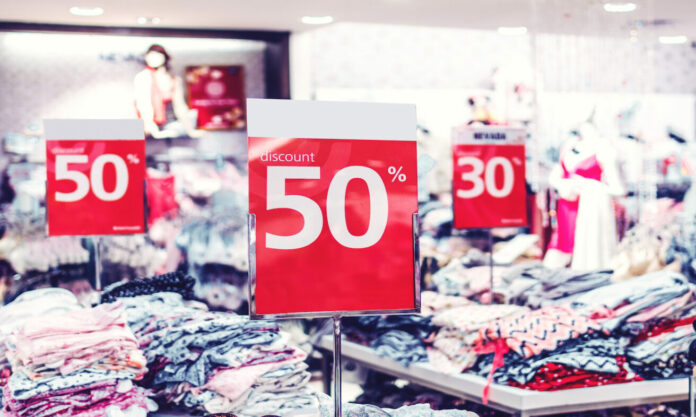BRUSSELS, BELGIUM – In a significant new offensive against the burgeoning tide of ultra-cheap goods flooding into Europe, the European Union has unveiled plans to impose a flat €2 fee on billions of small parcels entering the bloc. The proposed levy, a direct response to mounting pressure from European retailers and customs agencies, is set to deliver a substantial blow to Chinese e-commerce giants like Shein and Temu, whose business models heavily rely on high volumes of low-value shipments.
The proposal, announced by EU Trade Commissioner Maroš Šefčovič on Tuesday, aims to tackle several pressing issues: the overwhelming workload on EU customs staff, concerns over the safety and compliance of imported goods, and what European retailers argue is an unfair competitive advantage enjoyed by overseas platforms.
Last year alone, a staggering 4.6 billion small parcels, valued under €150, entered the EU, with more than 90% originating from China. This exponential growth, fueled by the direct-to-consumer models of companies like Shein and Temu, has strained existing customs infrastructure and raised alarms about product standards and consumer protection.
“This huge flood of parcels… represents a completely new challenge,” Šefčovič told the European Parliament’s Committee on Internal Market and Consumer Protection. He emphasized that the proposed €2 fee for direct-to-consumer packages is primarily intended to “compensate the cost” of processing these massive volumes. Parcels sent to warehouses within the EU would face a lower fee of €0.50, a clear incentive for platforms to shift towards bulk shipments and internal distribution.
This move by Brussels comes hot on the heels of similar policy shifts in the United States, where the Trump administration recently revised tariffs on small Chinese parcels. While the US reduced its “de minimis” tariff from 120% to 54% for items under $800, a flat fee of $100 per parcel remains in place. This has led to fears in Europe that products originally destined for the US might now be diverted to the EU market, exacerbating the existing challenges.
European retailers have long voiced their grievances, arguing that they face an unfair playing field compared to overseas competitors who often bypass traditional customs duties and strict EU product standards. The “de minimis” exemption, which allowed low-value items to enter duty-free, has been a particular point of contention.
Shein and Temu, both of whom boast massive user bases in the EU (Temu with 92 million and Shein with over 130 million), have previously stated their commitment to cooperating with regulators and consumer standards. However, the proposed €2 fee will undoubtedly add a new cost layer to their operations, potentially forcing them to adjust pricing strategies or absorb the additional expense.
Beyond the immediate financial impact, the EU’s initiative signals a broader push to hold online marketplaces more accountable for the goods they facilitate. “We cannot just accept that no one is in charge, that no one is ensuring basic obligations are met,” Šefčovič asserted, highlighting concerns about the prevalence of unsafe or non-compliant products entering the bloc.
The proposed fee is part of a larger reform to create a single EU Customs Authority and a unified, bloc-wide IT system. While the €2 handling fee would be a temporary measure, the ultimate goal is to eliminate the tax-free exemption for packages below €150 altogether, a reform that could be implemented as early as next year.
The battle between the EU and fast-fashion giants is intensifying, driven by economic concerns, consumer safety, and a desire to level the playing field for European businesses. As the proposal awaits a joint position from the 27 EU member states, the implications for the future of cross-border e-commerce and the affordability of online shopping for millions of Europeans remain significant.

